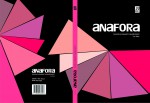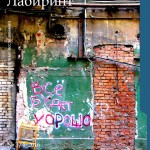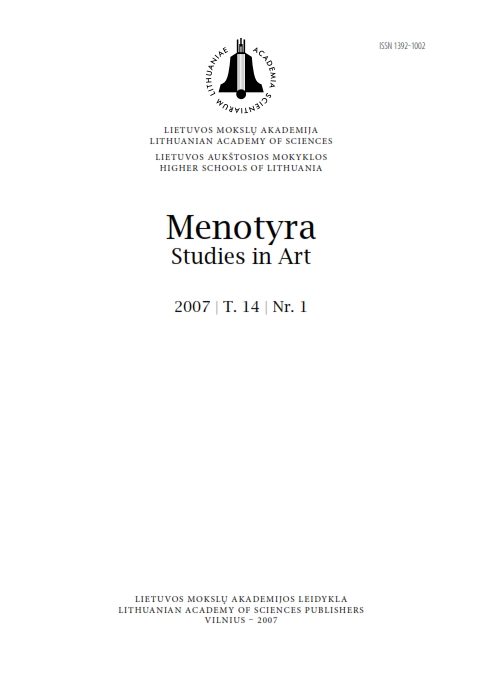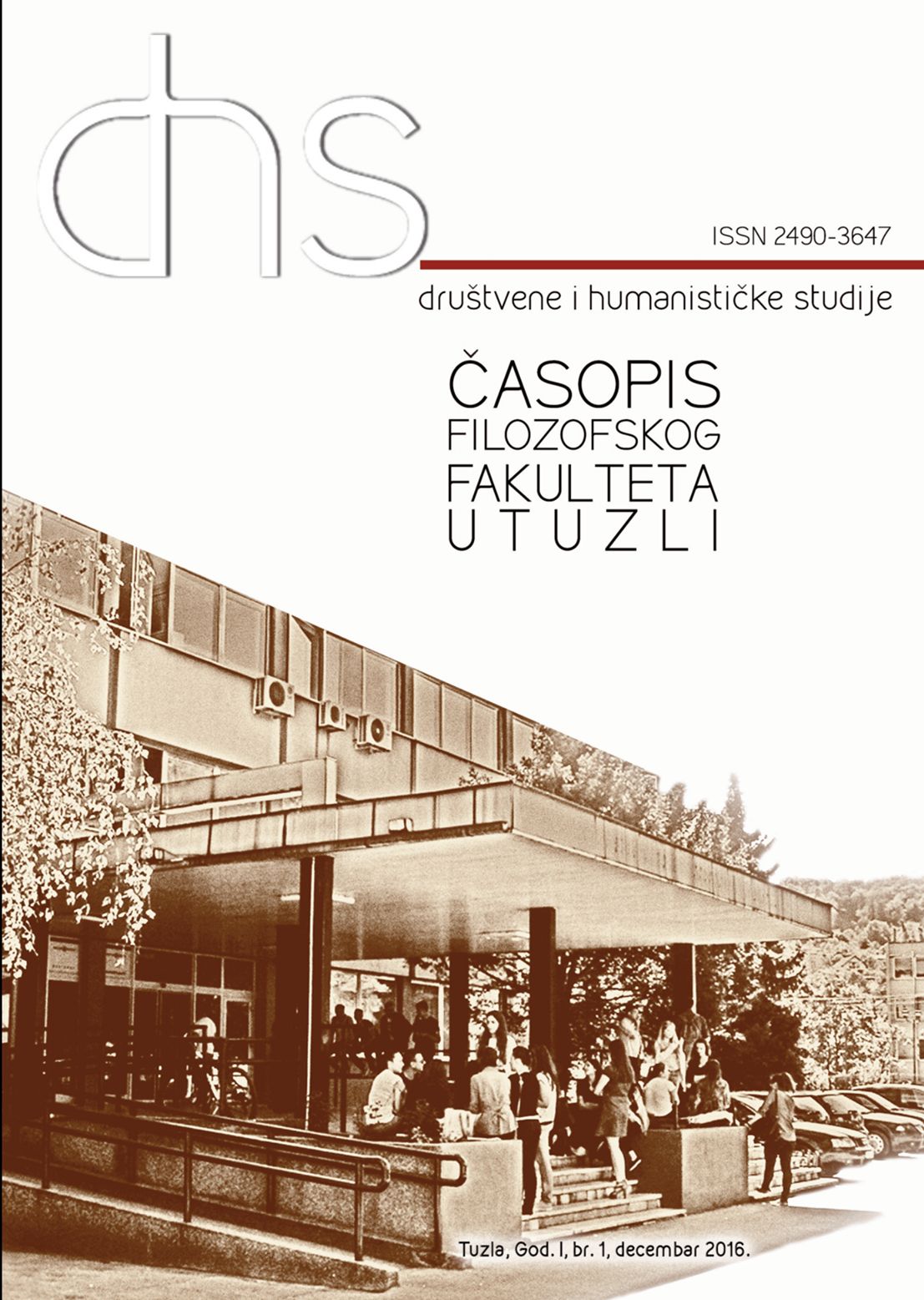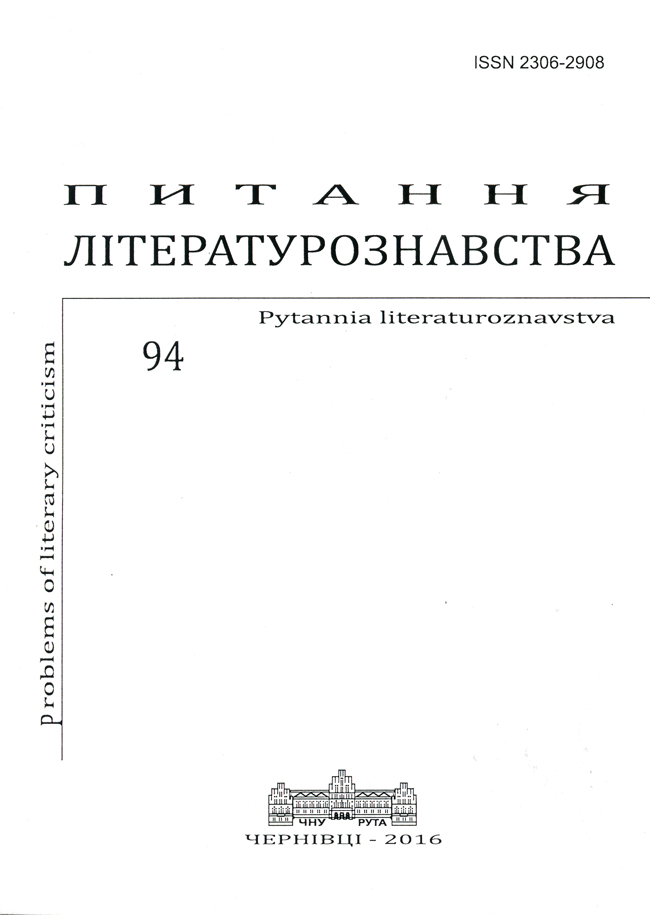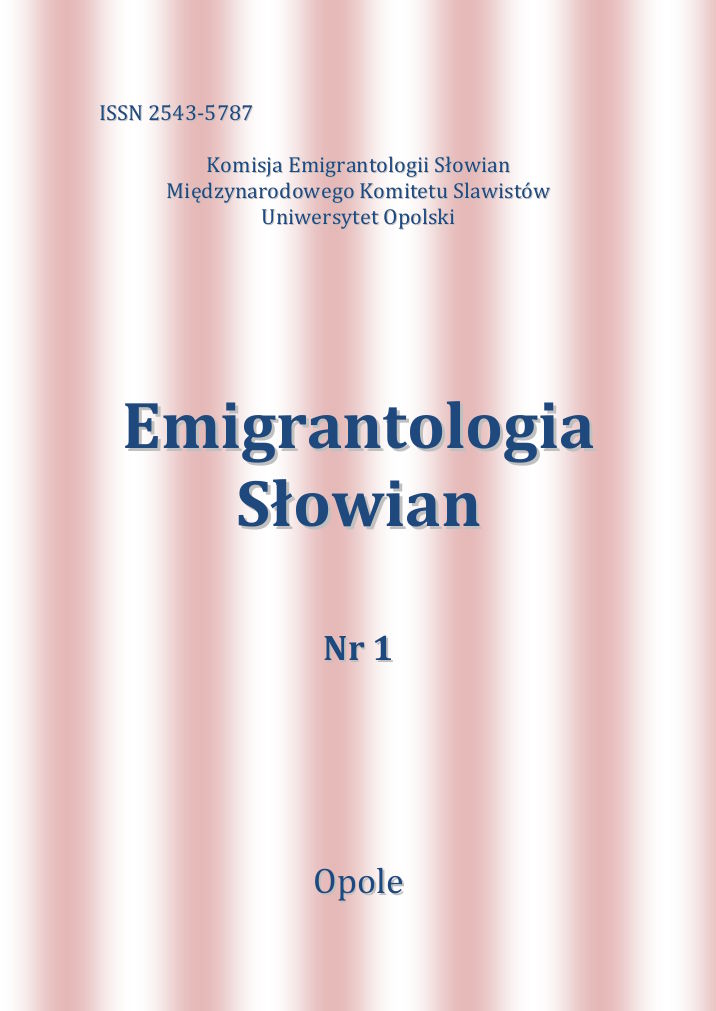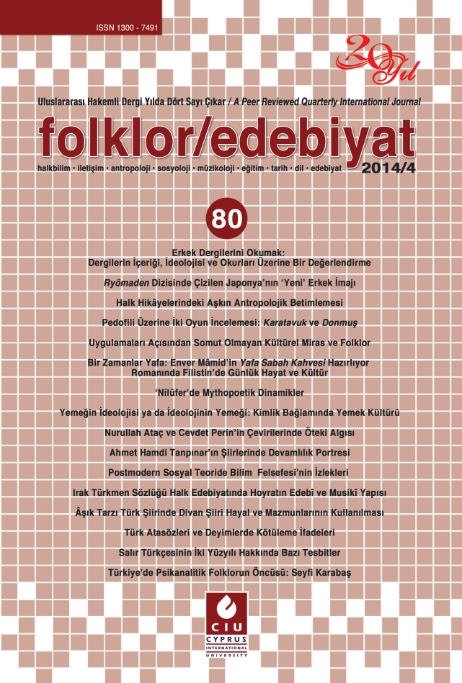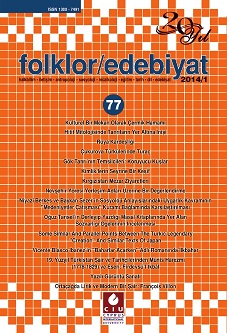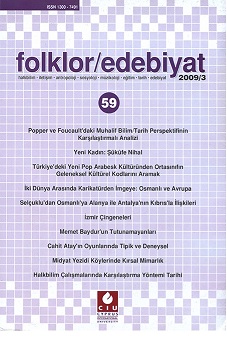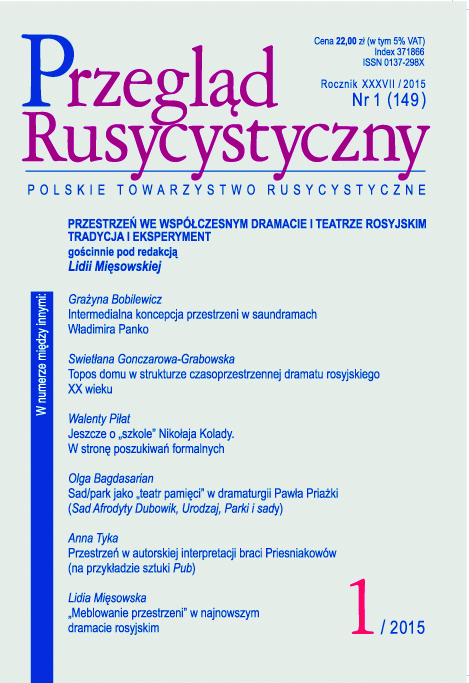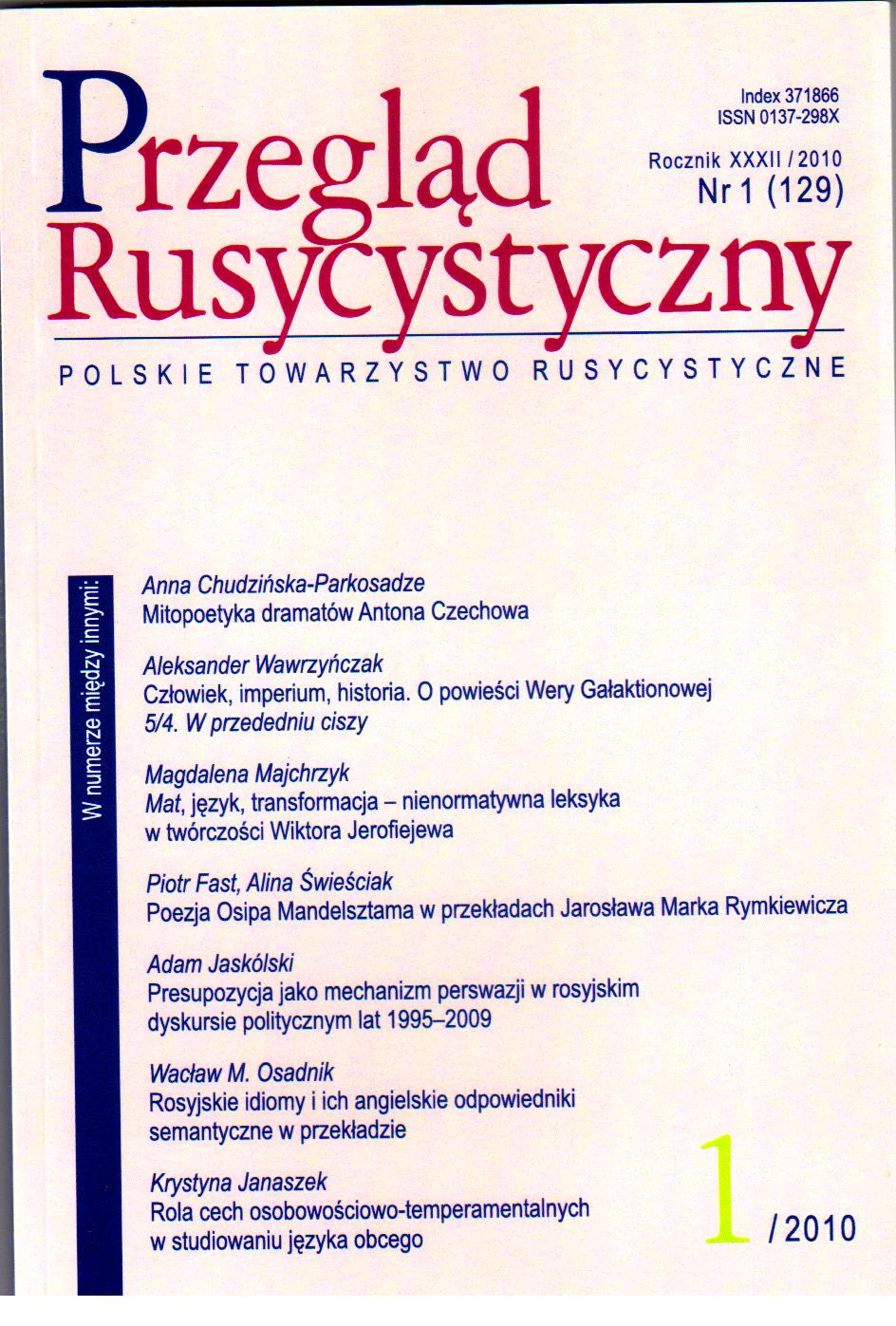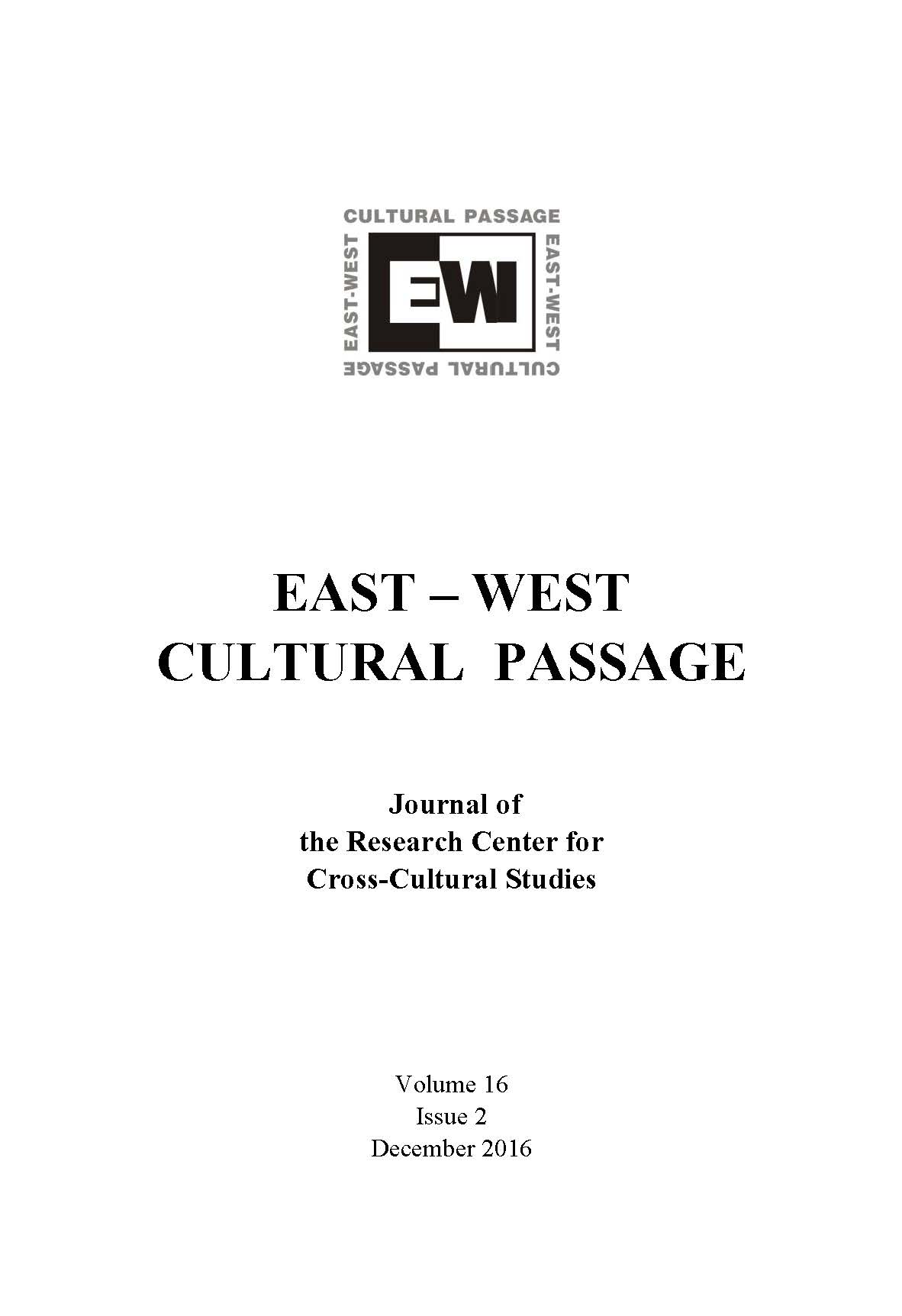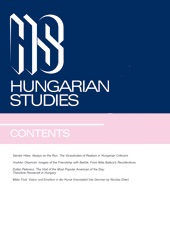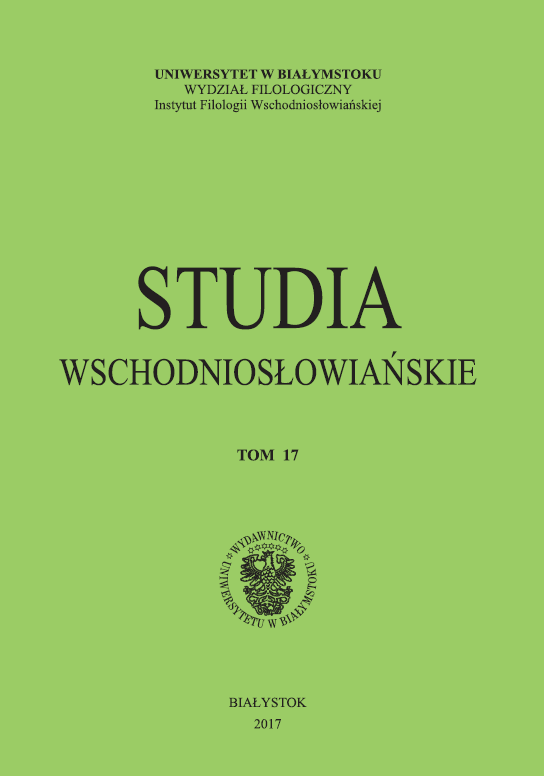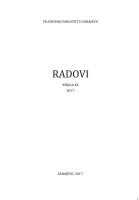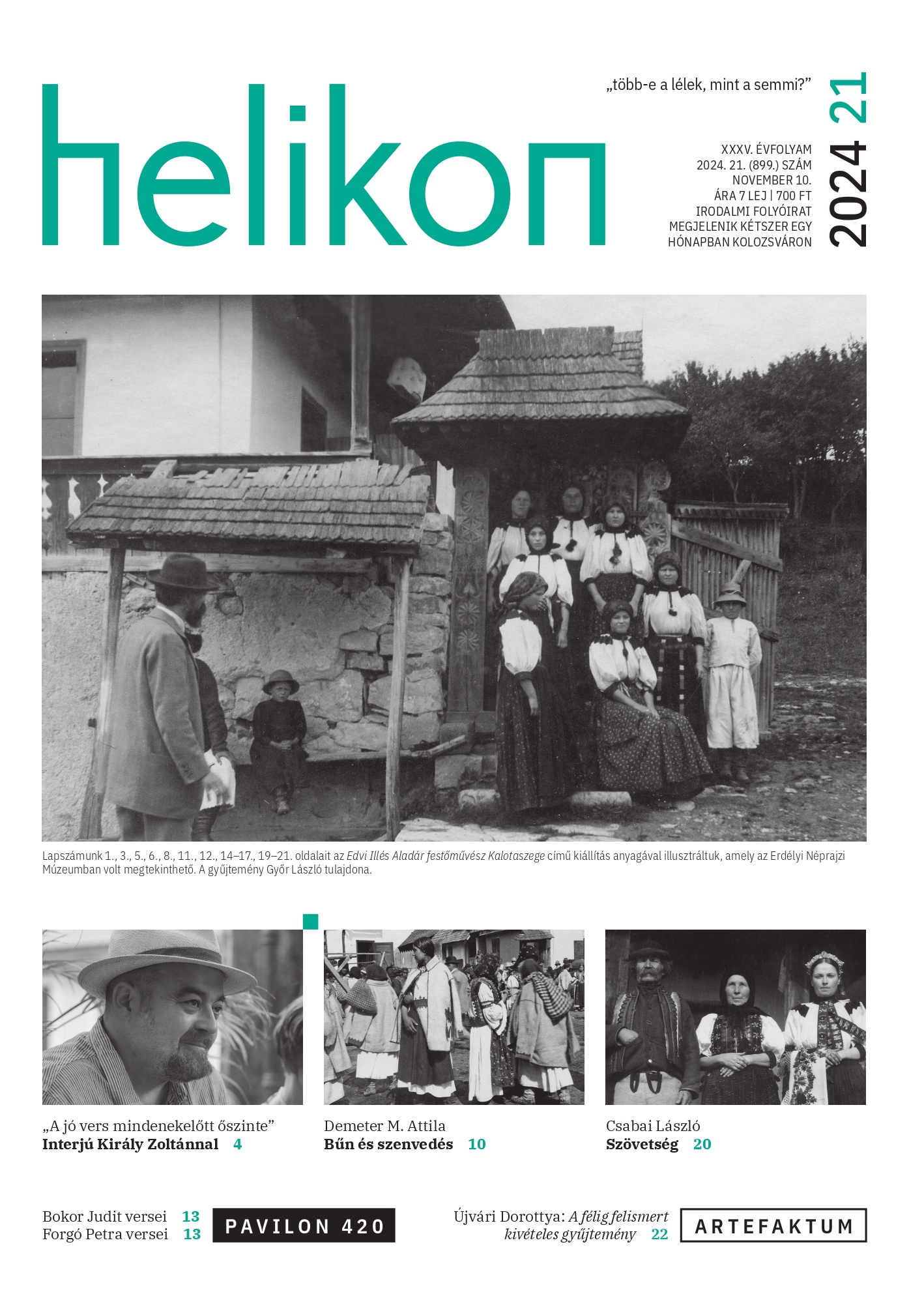Author(s): Ayfer Yılmaz / Language(s): Turkish
Issue: 77/2014
In this study, Muazzez Tahsin Berkand’s novel Roses of Ivy, a popular melodrama around the concepts of the novel and tried to evaluate. With the broad general meaning of the popular novels to academic reader, the reader wonder, excitement, and aims to arouse feelings of pity, full-speed for consumption, based on a simple cases of the events and persons set out sharply, by chance did not include woven literary products. Popular novels of the Tanzimat period, such as occurs in other types of novels. At the II Constitutional period Ahmet Midhat, Ahmet Hüseyin Rahmi and popular works are the first examples of the novel. Mehmet Celal, Abdullah Zühdüand Vecihi writers considered in this group. Examples of popular fiction in the later periods of the type of popular novel continuing the second period of Republic, readers young woman’s affections, while Kerime Nadir and Muazzez Tahsin, Mükerrem Kamil, Cahit Uçuk, Selami İzzet, Aka Gündüz, Mahmut Yesari, Güzide Sabri, Suat Derviş gives the example of writers like. Greek composition, melody, melody which means “melo” and “theatrical event, which is the inclusion of life” drama “with the use of the words appeared in a theatrical term. Later, as the term was used for cinema. Clearly the people and the mold are separated into good and bad melodramas designed and “immature audiences” are addressed. Thus, as the authors of the audience and the film makers “fatigue” and “profitable becomes a cause. Turkish literature, popular fiction author, Muazzez Berkand Tahsin , 1933 in the “You and Me” is his first novel, introducing Berkand’ı. Love Storm 1935, 1936, “Spring Flower”, 1937, “Endless Night” is named after novels serialized in newspapers before the printed book form. “A young girl’s Novel,” “He and his Daughter,” “Mystery of the Mountains”, “Nightingale’s Nest”, “Mualla”, “A strange marriage” with novels of Stefan Zweig “Unknown Letters of a Woman” and Irène Némirovsky’nin “Jazabel” translated his works.
More...
